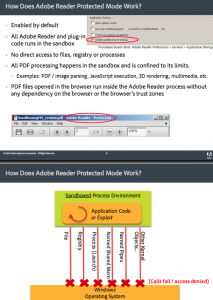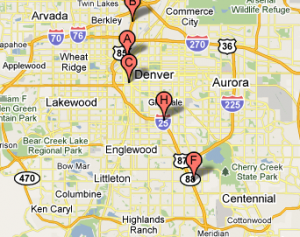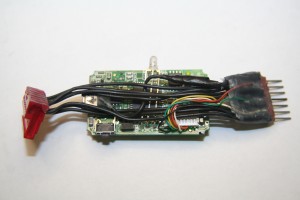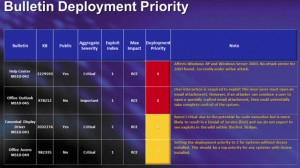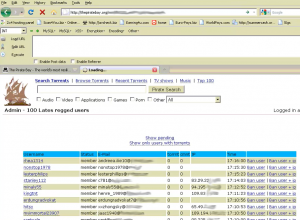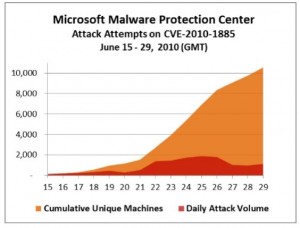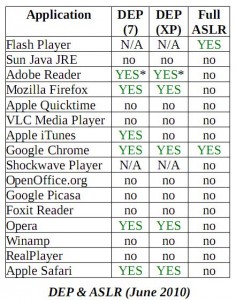Microsoft has released a stopgap fix to help Windows users protect themselves against threats that may try to target a newly discovered, critical security hole that is present in every supported version of Windows.
Last week, KrebsOnSecurity.com reported that security researchers in Belarus had found a sophisticated strain of malware that was exploiting a previously unknown flaw in the way Windows handles shortcut files. Experts determined that the malware exploiting the vulnerability was being used to attack computers that interact with networks responsible for controlling the operations of large, distributed and very sensitive systems, such as manufacturing and power plants.
When Microsoft initially released an advisory acknowledging the security hole last week, it said customers could disable the vulnerable component by editing the Windows registry. Trouble is, editing the registry can be a dicey affair for those less experienced working under the hood in Windows because one errant change can cause system-wide problems.
But in an updated advisory posted Tuesday evening, Microsoft added instructions for using a much simpler, point-and-click “FixIt” tool to disable the flawed Windows features. That tool, available from this link, allows Windows users to nix the vulnerable component by clicking the “FixIt” icon, following the prompts, and then rebooting the system.
Be advised, however, that making this change could make it significantly more difficult for regular users to navigate their computer and desktop, as it removes the graphical representation of icons on the Task bar and Start menu bar and replaces them with plain, white icons.
For instance, most Windows users are familiar with these icons:
![]() According to Microsoft, after applying this fix, those icons will be replaced with nondescript (and frankly ugly) placeholders that look like this:
According to Microsoft, after applying this fix, those icons will be replaced with nondescript (and frankly ugly) placeholders that look like this:





